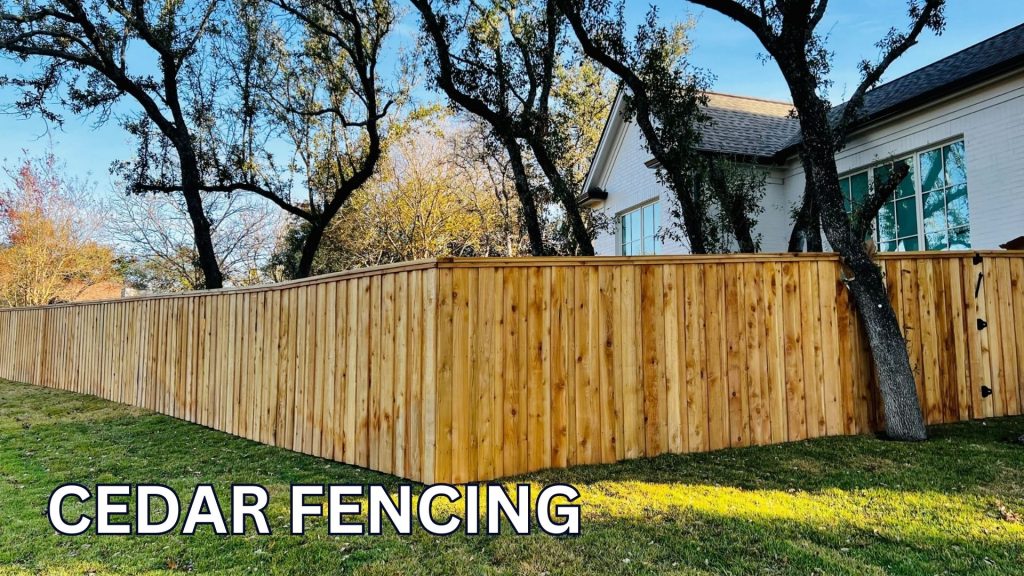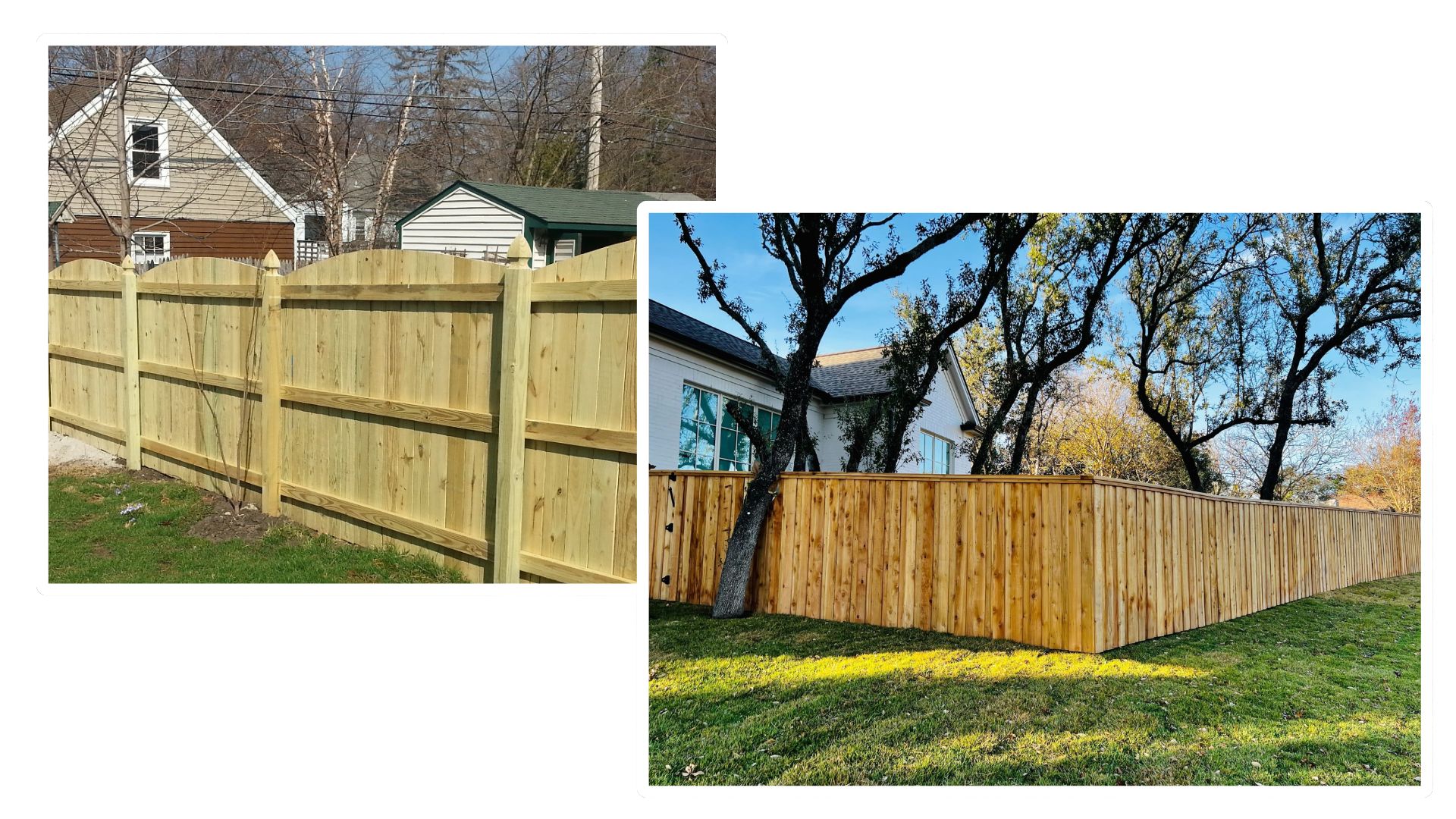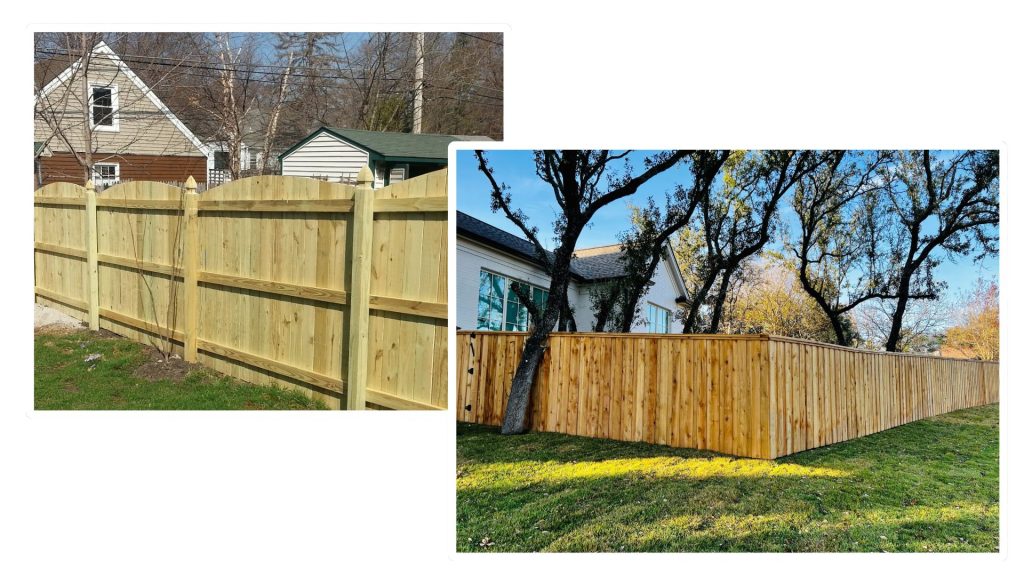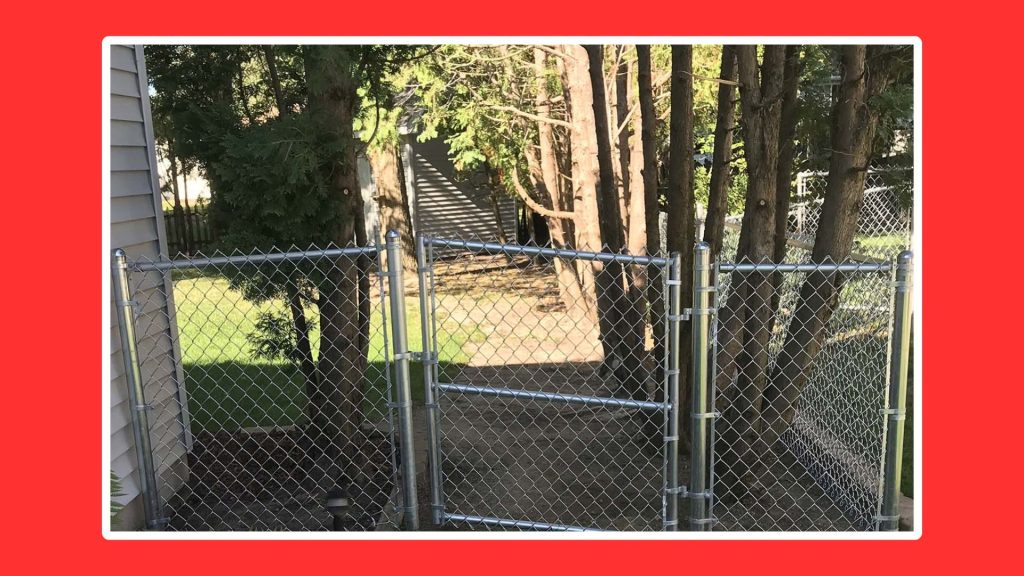Introduction
You’re standing in your backyard, imagining the perfect wood fence—something that gives privacy, looks beautiful, and lasts for years. But before you start building, one big question comes up:
Should you choose cedar or pine?
It may sound like a small detail, but in Portland’s rainy, moss-covered climate, this choice can decide whether your fence becomes a long-term investment or a short-lived frustration. Pick wrong, and you could end up battling rot, repairs, and sagging posts within a few short years. Pick right, and you’ll have a fence that weathers the Pacific Northwest gracefully with less work and more curb appeal.
Let’s dive into cedar vs pine in plain language—cost, looks, maintenance, and lifespan—so you can make the best choice for your home.
Why Wood Choice Matters in Portland
Portland isn’t like Arizona or Texas. Our weather shapes how wood performs.
- Heavy rainfall means constant exposure to moisture.
- Cooler winters and shaded yards encourage moss, mildew, and algae.
- Soil movement from wet-to-dry cycles can cause posts to lean.
- Limited sunshine can slow drying, giving rot a chance to set in.
In short, wood fences here don’t just need to look good—they need to stand up to a wet, moody climate. That’s why choosing cedar or pine isn’t just a style choice. It’s a battle of durability.
It may sound like a small detail, but in Portland’s rainy, moss-covered climate, this choice can decide whether your fence becomes a long-term investment or a short-lived frustration. Pick wrong, and you could end up battling rot, repairs, and sagging posts within a few short years. Pick right, and you’ll have a fence that weathers the Pacific Northwest gracefully with less work and more curb appeal.
Let’s dive into cedar vs pine in plain language—cost, looks, maintenance, and lifespan—so you can make the best choice for your home.

The Case for Cedar Fencing

Natural Resistance
Cedar has natural oils that make it resistant to rot, insects, and decay. Unlike pine, cedar doesn’t need chemical treatment to hold up against Portland’s damp soil and rain.
Lower Maintenance
- Cedar requires sealing or staining less often.
- Even if left untreated, it ages into a gray, rustic patina that many Portland homeowners find attractive.
- Less prone to warping or shrinking compared to pine.
Lifespan
A cedar fence in Portland can last 15–25 years (sometimes more with the right posts and regular cleaning). It’s the go-to choice for homeowners who want a fence that will stay strong through years of PNW winters.
The Look
Cedar is warm, reddish-brown, and elegant. Many Portland neighborhoods feature cedar privacy fences that blend naturally with the Pacific Northwest landscape.
The Case for Pine Fencing

Lower Upfront Cost
Pine is the budget-friendly option. On average, it’s 20–30% cheaper than cedar, making it appealing if you’re trying to keep costs low.
Treated for Durability
Most pine used for fencing is pressure-treated to fight moisture and pests. Treated pine posts are common because they resist rot better than untreated wood.
Flexible Finishing
- Pine can be painted or stained in almost any color.
- It’s a good option if you want a custom color match for your house or yard.
Lifespan
In Portland, pine fences usually last 10–15 years—shorter than cedar. They require regular sealing and maintenance to fight off rot and warping from constant rain.
Side-by-Side Comparison
Feature | Cedar Fence | Pine Fence |
Cost | Higher upfront | Lower upfront |
Lifespan | 15–25 years | 10–15 years |
Maintenance | Lower—occasional staining | Higher—regular sealing needed |
Climate Fit | Excellent in rain | Prone to warping, rot |
Appearance | Natural, ages to gray patina | Paint or stain flexible |
Which One Should You Choose?
Choose Cedar If:
- You want a long-lasting fence that can handle Portland’s wet climate.
- You prefer less ongoing maintenance.
- You like the natural beauty of wood that ages gracefully.
Choose Pine If:
- You’re on a tight budget and need something affordable now.
- You don’t mind doing regular upkeep like sealing and staining.
- You like the flexibility of being able to paint or stain in any color.
For many Portland homeowners, cedar wins in the long run. While pine costs less upfront, cedar’s durability often makes it the smarter investment over 20+ years.
Extra Factors to Think About
Posts Matter More Than Panels
Even if you choose cedar for panels, pairing it with pressure-treated pine or metal posts can make the whole fence last longer.
Yard Conditions
- Got a soggy or shaded yard? That shortens pine’s lifespan even more.
- Better drainage = longer fence life, no matter what wood you choose.
Your Plans
- Selling soon? Pine could make sense.
- Staying for years? Cedar will save you money on repairs and replacements.
Conclusion
When it comes to cedar vs pine in Portland, the winner is clear: cedar. It resists rain, lasts longer, and needs less maintenance. Pine can work for short-term or budget projects, but it demands more attention and won’t last as long.
At the end of the day, your choice depends on your budget, how long you’ll stay in your home, and how much time you want to spend maintaining your fence.
Ready to build a fence that survives Portland’s rain, moss, and storms? Contact Lyfe Renovations Fencing & Decks as your fence contractor today—we’ll help you design a cedar or pine fence that fits your yard and your goals.



